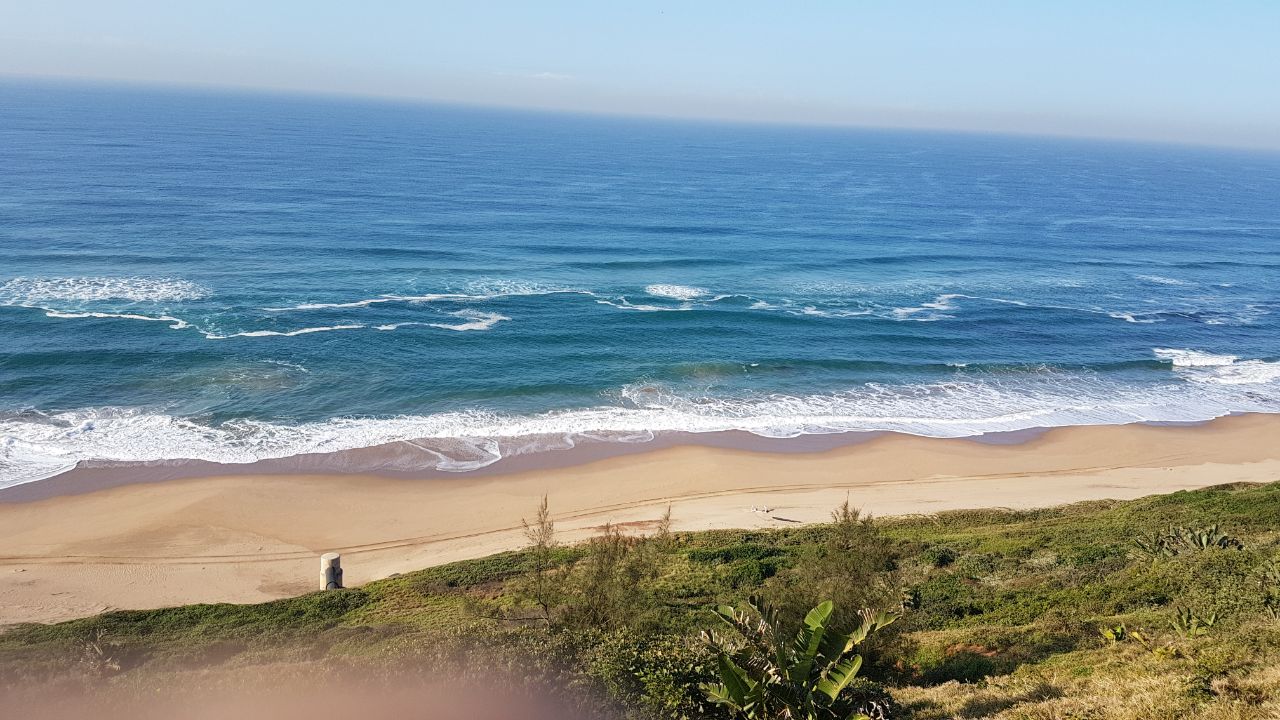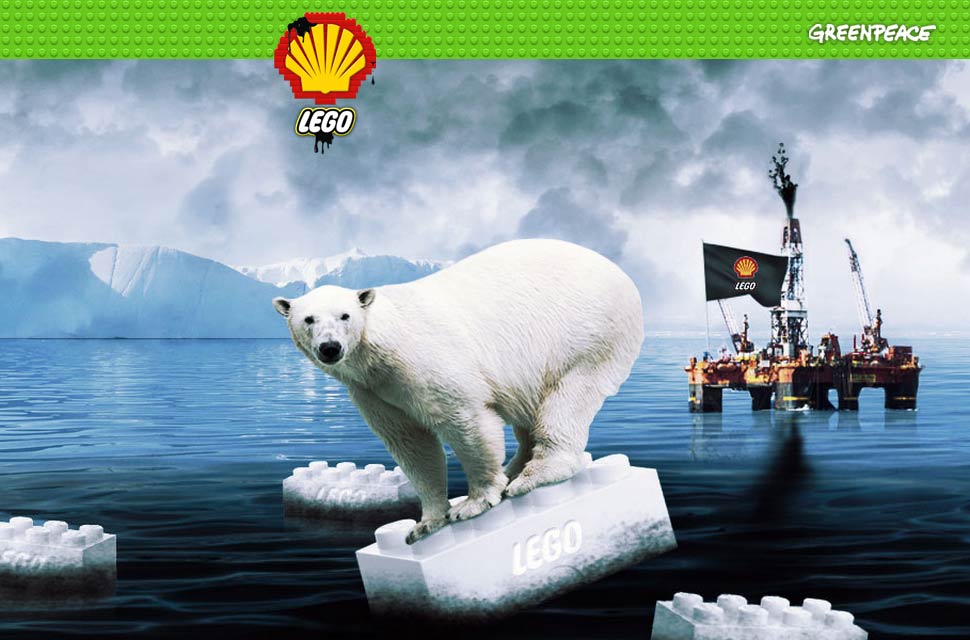environment
State of our Oceans by Mr. Al Spaeth
State of our Oceans by Mr. Al Spaeth Like great author and eye opener – Callum Roberts, author of “The Ocean of Life: The Fate of Man and the Sea” and other tales of environmental gloom and doom, Mr. Al Spaeth, in his description of the state of our oceans and our fisheries, has the ability to … Read more
MARINE SCIENCE EXPERTS GATHER IN PORT EDWARD
OVER 500 LOCAL AND INTERNATIONAL MARINE SCIENCE EXPERTS GATHER IN PORT EDWARD TO SHARE KNOWLEDGE ON THE MANAGEMENT AND GOVERNANCE OF THE MARINE AND COASTAL ENVIRONMENT 26 OCTOBER 2015 The Chairperson of the KwaZulu-Natal Sharks Board, Mr Sipho Mkhize officially opened the biennial Western Indian Ocean Marine Science Association (WIOMSA)’s 9th Scientific Symposium … Read more
Shell and Lego: Awesome?
Shell and Lego: Awesome? Read all about it… http://time.com/2976549/this-is-why-people-are-so-upset-at-lego/ http://www.theguardian.com/environment/2014/jul/01/greenpeace-lego-shell-partnership-toys-oil-arctic And then you can do something about it: helping to stop Shell from drilling for oil in the Arctic…sign here… https://act.greenpeace.org/ea-action/action?ea.client.id=1844&ea.campaign.id=29635 Polluting kids minds…right from the start…? Valid point…sign away…
Global Ocean Commission report
Global Ocean Commission report: by The Globe and Mail In the following report from Canada’s Global and Mail recently, it is confirmed that our oceans are right up against the tipping point of ecological disaster…click on the heading to read the entire article, written by Gloria Galloway. “Report warns world’s fragile oceans pushed to point … Read more



